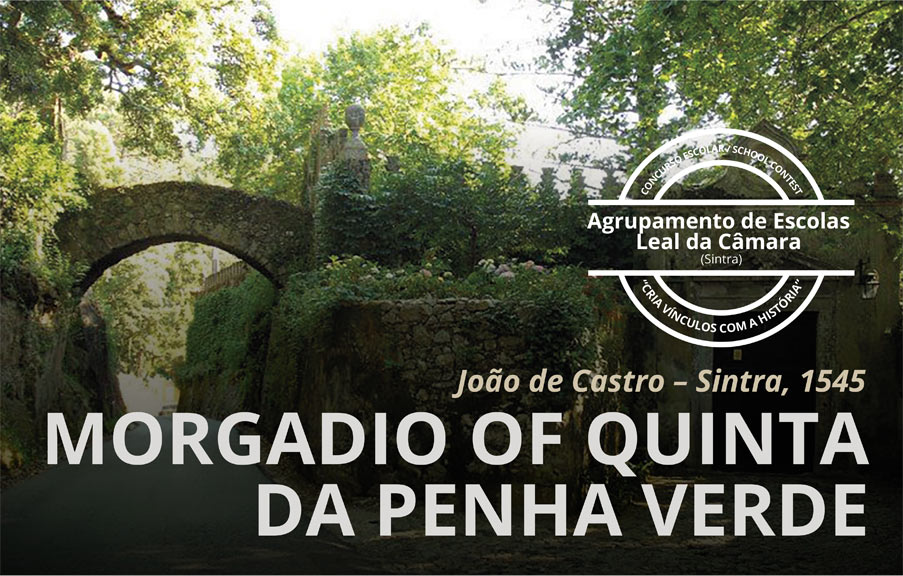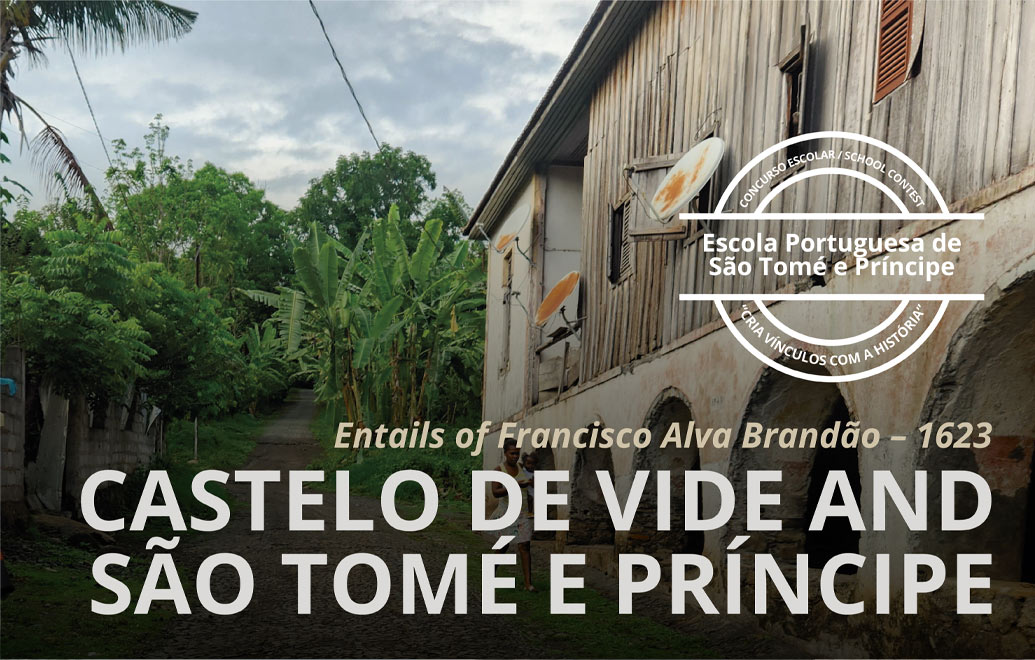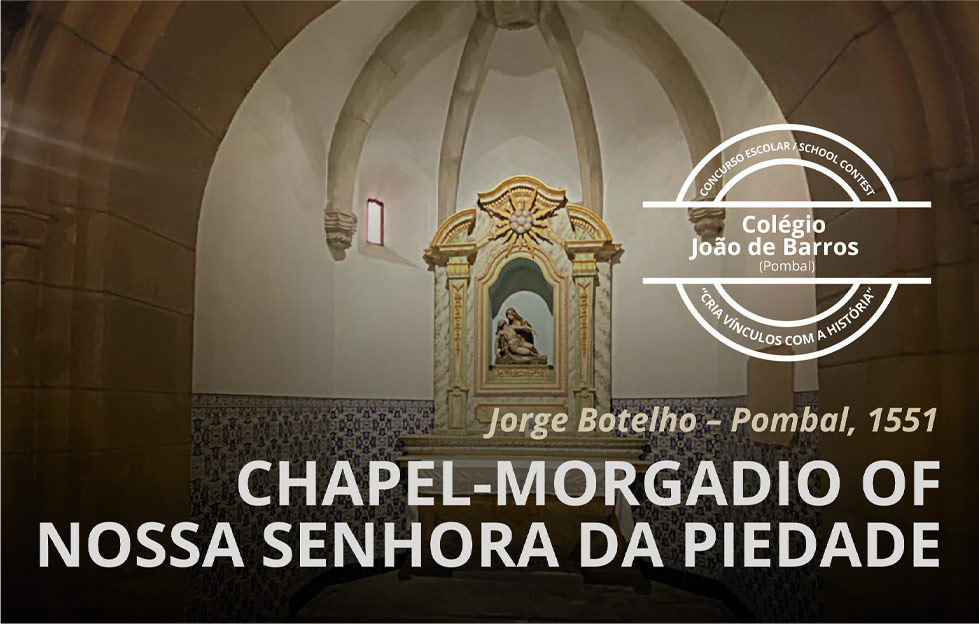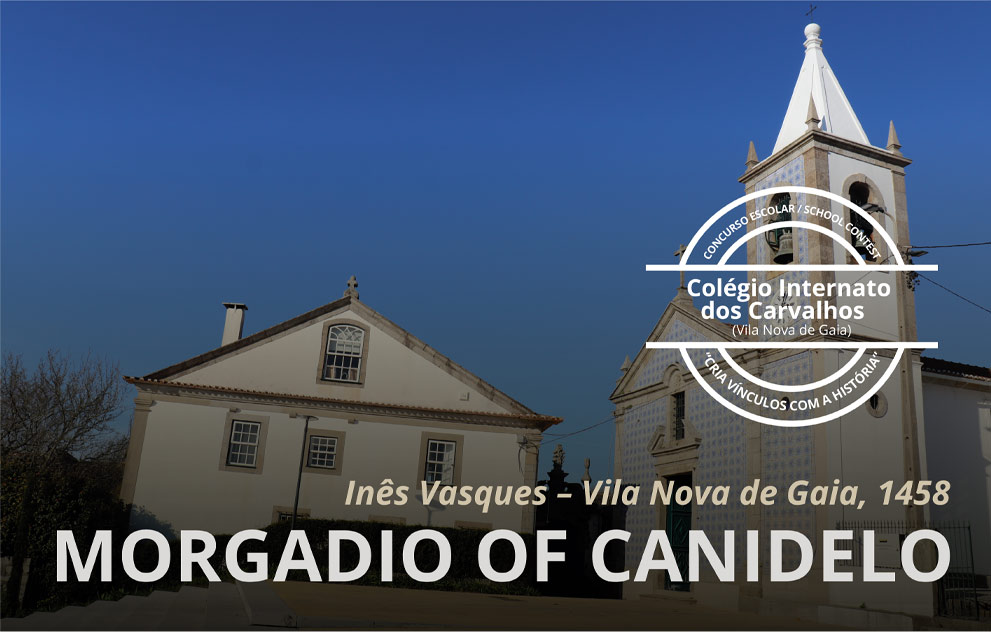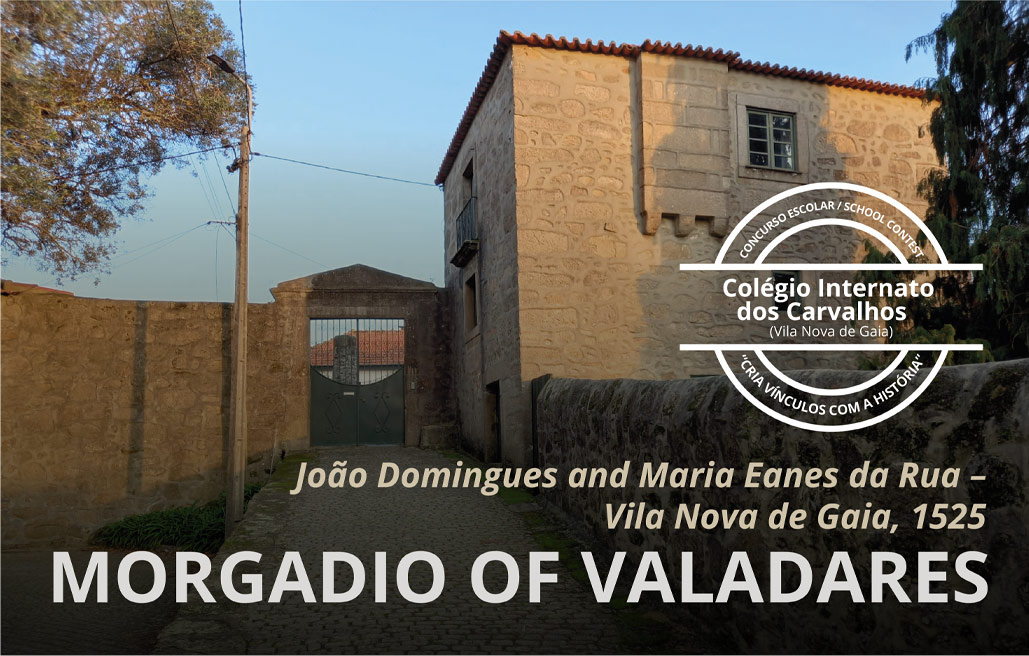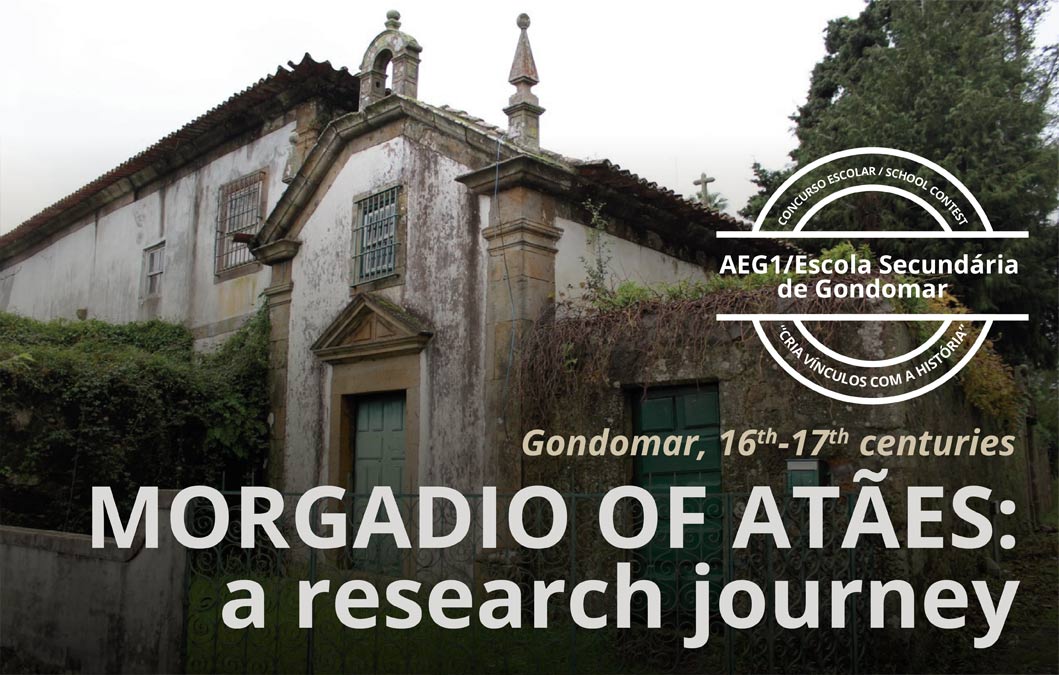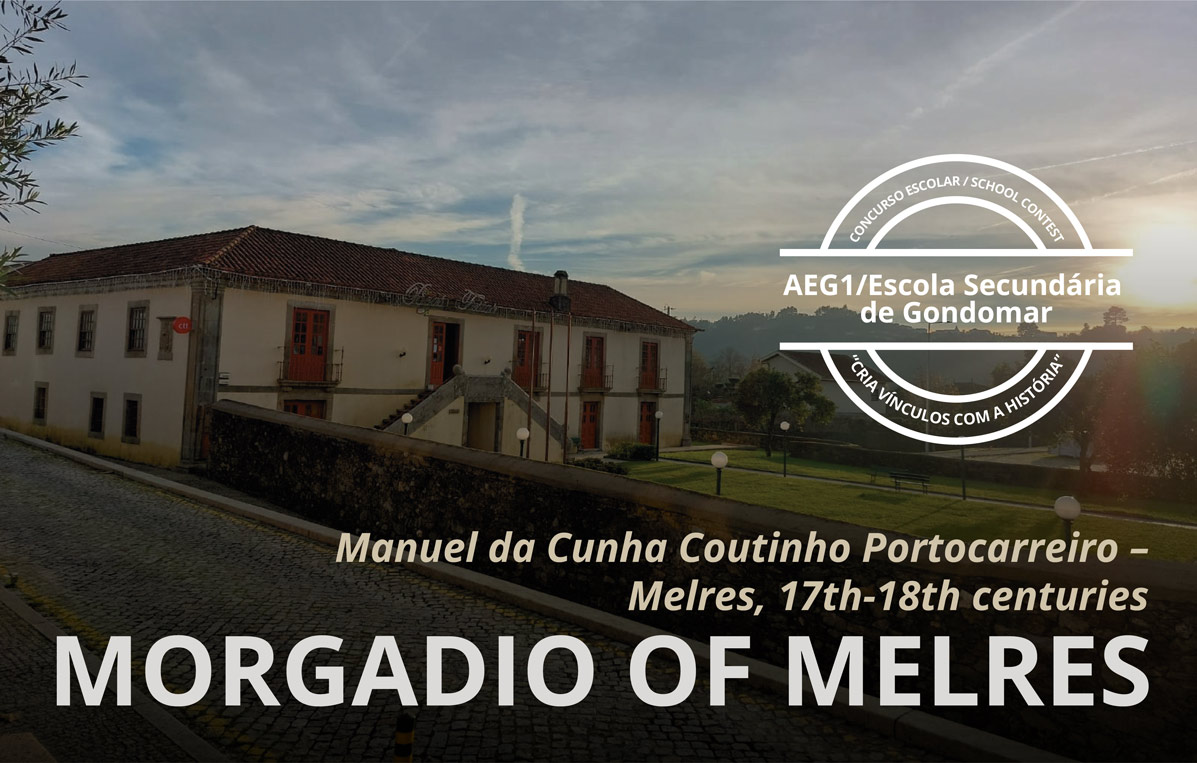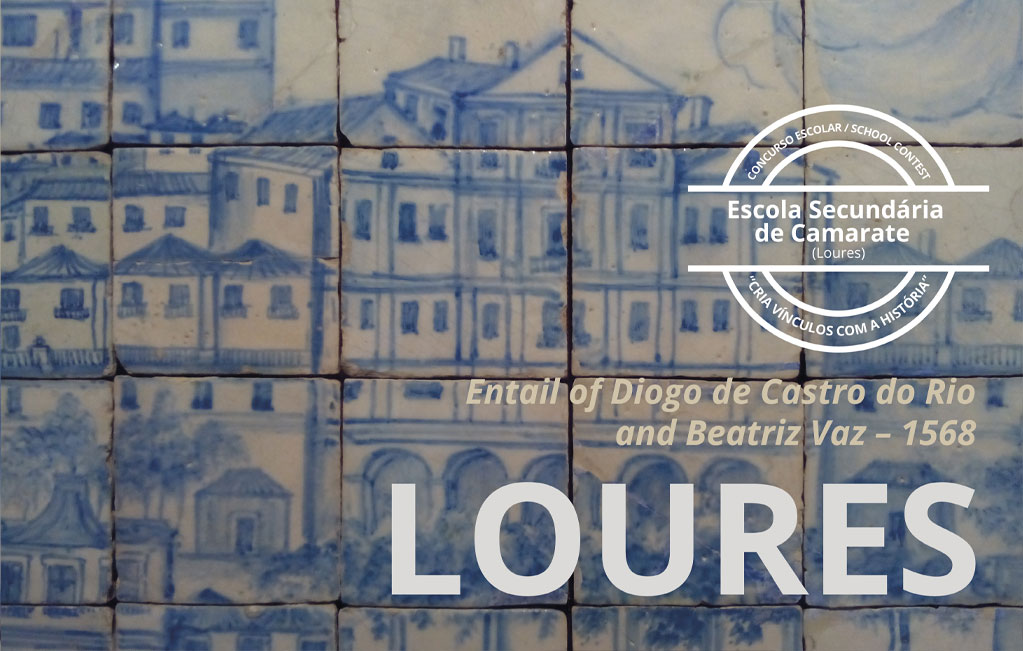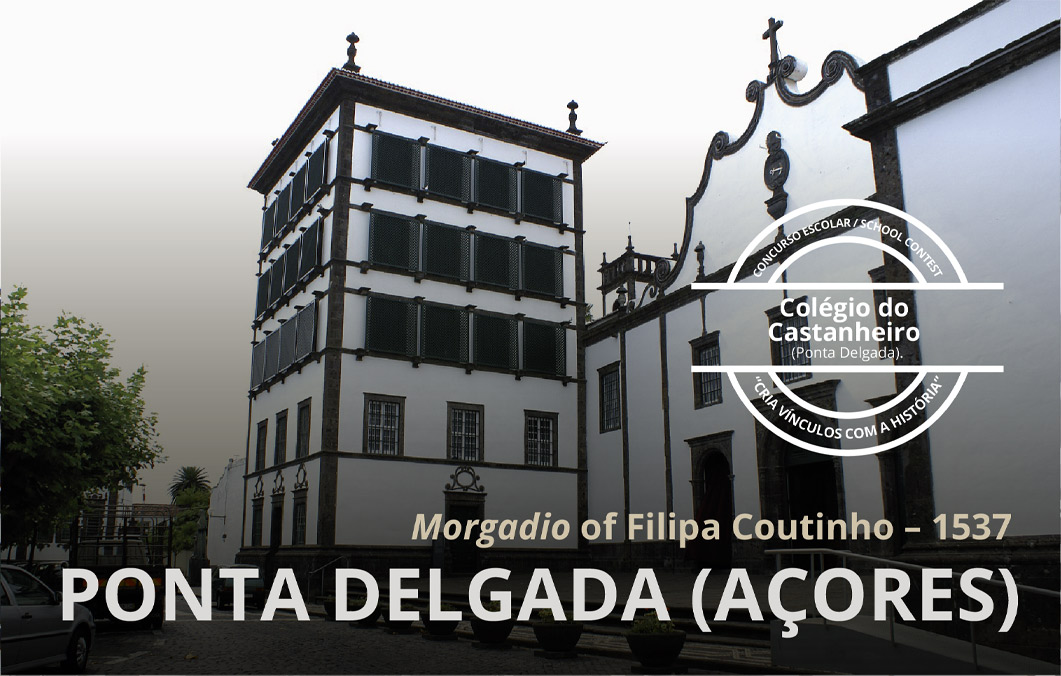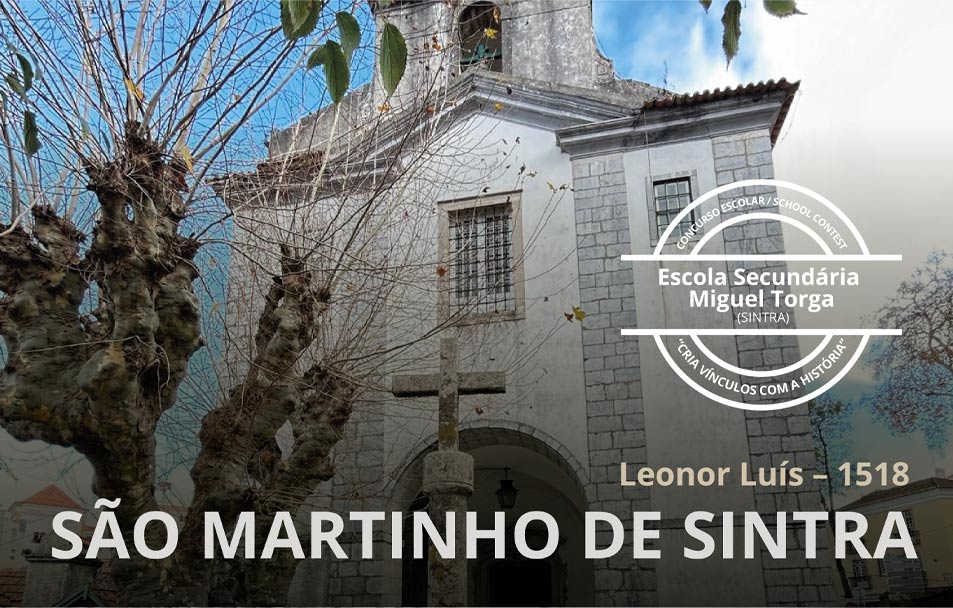Entail of the month (January, 2021)
Morgado of Salvador do Mundo, by Duarte Gomes da Silveira
Paraíba, Brazil, 1639
Writing about the history of entailments founded in Brazil during the 16th and 17th centuries can be a challenging task due to the precarious condition of local sources. While most documents were destroyed during the conflicts between Portugal and other European empires, others vanished in consequence of climate hazards and unsuitable archival storage.
The morgado of Salvador do Mundo is one example of such circumstances. Established in 1639, in Paraíba’s captaincy by Duarte Gomes da Silveira, the original documents of the morgado (entailment) were lost during the Dutch-Portuguese Wars. The Público Instrumento de Escritura de Doação Intervivos and the entail’s foundation deed related to the morgado of Salvador do Mundo, only survived through a copy made in 19th May 1873 from another of 1827, which was based on a transcription that goes back to 1731. The present record of 1873 was published by Wilson Nóbrega Seixas, in A Santa Casa da Misericórdia da Paraíba (1987).
By the will of the founder of the entailment (morgadio), succession should be subject to a set of social rules whose non-compliance would result in the loss of the administration of the bond. In the case of the entailment of Salvador do Mundo, one of these rules was that all descendants should bear “in bellposts, reposts and seats of chairs” the coat of arms of the Gomes and Bezerras and the surnames of Duarte Gomes’ mother adding to them the verse: “Truth and Happiness”, as a reminder that “all their descendants […] would keep these two virtues”. Among other rules related to the well-living, the abstention of committing acts of ingratitude or lèse-majesté crimes, stand out those linked to marriage and intended to preserve the so-called “purity of blood”, so common in other entailments of this period. There are, however, more exceptional rules, such as keeping a family “Book of Histories” and prohibiting administrators from “raising their children with wine nor something alike, following the words of the Apostle St. Paul that too much drinking is at the origin of vices” (SEIXAS, 1987, p. 222).
Born in the town of Olinda circa 1555, Duarte Gomes da Silveira reached adulthood when the captaincy of Pernambuco served as a core space for the expansion and conquest of the other Northern Captaincies of Brazil. Assuming a prominent position in the war against the Potiguara – an episode that marks the beginning of the process of conquest of the captaincy of Paraíba –, Gomes da Silveira was rewarded with lands and other assets that would later become part of the morgado of Salvador do Mundo (MELLO, 2021, p. 15). Throughout his life, Gomes da Silveira managed to establish prosperous sugar mills “worth more than a thousand cruzados” (SEIXAS, 1987, p. 214), thus becoming one of the richest landowners of this captaincy in the early 17th century. While running his sugar mills, Gomes da Silveira held several positions in Paraíba’s local governance, before, during and after the Dutch invasion, and orchestrated the restoration of the captaincy to Portuguese sovereignty (GONÇALVES, 2007). His interventive role in Paraiba’s local society was also consolidated by sponsoring the foundation of the Santa Casa da Misericórdia of Paraíba, in which church he established the chapel of the Salvador do Mundo to which several houses and lands, in addition to his mills of Nossa Senhora da Ajuda e Santo António (“with all slaves of Guinea and the native ones”, that is, Africans and Amerindians) were entailed. This newfound morgado of Salvador do Mundo stands out for having been established still during the Dutch occupation of the Northern Captaincies (1630-1654), in the presence of a Portuguese notary, which suggests a certain recognition of the institutions as well as the Portuguese normative order by the Dutch. Following the death of his firstborn son, João Gomes da Silveira Bezerra, mentioned in the initial attempt to institute the morgado, the appointment of the heirs resided in favor of his nephew António Barbalho and his wife Joana Gomes da Silveira Bezerra, daughter of the founder. This couple became, the first administrators of a lineage where birthright determined the hereditary transmission of entailment administration, following the common practice adopted by entailments in general, which only admitted bastards in a situation of lineage extinction.
The institution of the morgado of Salvador do Mundo seeks to protect the sugar mills from seizure. These were obvious concerns for Duarte Gomes, and followed previous threats made on his properties still in 1616, when his political enemies charged him of potential illicit and fraudulent demeanor (GONÇALVES, 2007, pp.146-152). Moreover, Duarte Gomes da Silveira also witnessed a period of growing indebtedness to West India Company (WIC). Therefore, along the foundation deed of Duarte Gomes da Silveira, there was a long-term request for protection of his family goods, by preventing his successors from neglecting them, so that the following generations “will not suffer from the miseries and needs that one sees in many noble families who lack entailed assets” (Item 31º, SEIXAS, 1987, p. 220). Besides, other measures were taken to maintain sustainability in the sugar production of the morgado estate, prohibiting, for example, the construction of “any sugar mill” besides the main one, that of Nossa Senhora da Ajuda. Along with this measure was another that banned other crops aside from sugar to be planted and deemed the sugar-cane production to be exclusive. Nevertheless, these measures did not prevent the entail’s first administrator, António Barbalho, from getting into debt to the Dutch Company as he was its fifth largest defaulter already in the 1660s (MELLO, 2012, p. 31).
The foundation of the morgado of Salvador do Mundo reveals the perpetuation of the entailment practices that we also found in Portugal in this period. Concomitantly, however, it was possible to identify singular adaptations to the world that was in construction in America, especially regarding the regulation produced by the entailment clauses on the administration of sugar mills themselves and in economic relations.
Arthur de Carvalho Curvelo, Joana Soares and Maria Beatriz Merêncio.
BASE DE DADOS BRASILHIS – “Duarte Gomes da Silveira” [viewed 28 December 2020] at http://brasilhis.usal.es/pt-br/personaje/duarte-gomes-da-silveira.
GONÇALVES, Regina Célia – Guerras e açúcares: política e economia na Capitania da Paraíba, 1585- 1630, São Paulo, Edusc, 2007.
MELLO, Evaldo Cabral de – O bagaço da cana: os engenhos de açúcar do Brasil holandês, São Paulo, Penguim Classics; Companhia das Letras, 2012.
SEIXAS, Wilson Nóbrega – “Doc. 2”, in A Santa Casa da Misericórdia de Paraíba, João Pessoa, Gráfica S. Marta, 1987, pp. 209-226.
Other entails of the month



